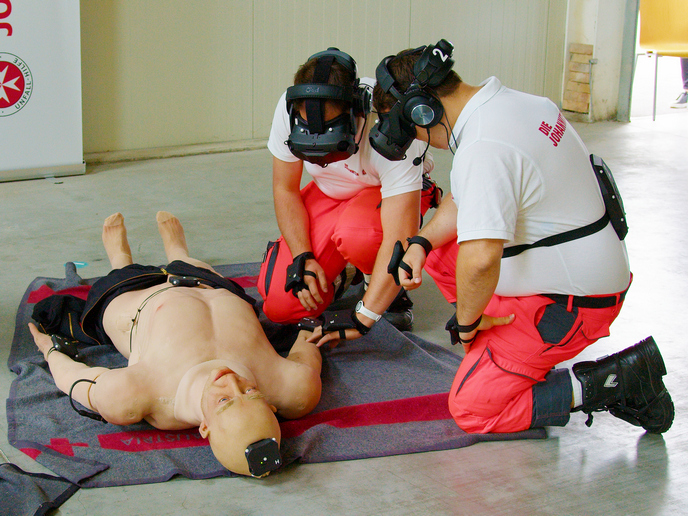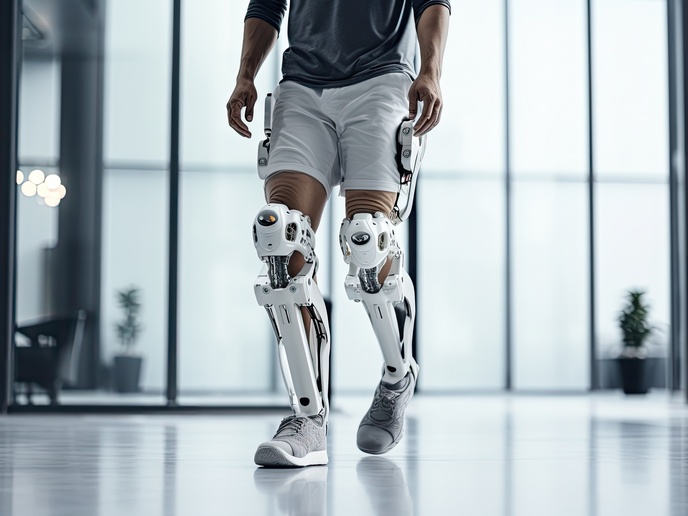Artificial intelligence detects cardiac arrest in emergency calls
After a person has a cardiac arrest, the first 5 minutes are the most critical, as for every passing minute, the survival chances decrease by 10 %. Emergency medical services are usually the first responders to cardiac arrest cases, and it is critical to be equipped with the right tools for correct diagnosis. Currently, emergency medical services employ set protocols to recognise health conditions and activate the emergency response system. However, due to a recent increase in emergency calls, there is a pressing need to identify critical conditions such as OHCA faster.
An intelligent voice-assisted emergency call system
The EU-funded AI4EMS project has developed a voice-based digital assistant to help diagnosis, and patient prioritisation. The AI4EMS platform integrates state-of-the-art speech recognition and machine learning for the real-time analysis of emergency calls. “The technology is able to analyse any doctor-patient interaction using machine learning to identify symptoms, faster than humans, supporting medical professionals in making the right decision at the right time,” explains project coordinator Jonas Hansen. Leveraging artificial intelligence and specifically real-time natural language processing, the AI4EMS software listens in on emergency calls and helps the call-taker identify the signs of critical illnesses, like cardiac arrest. The technology relies on algorithms developed following thousands of previous medical interviews and looks for verbal and non-verbal patterns in the communication, such as a caller’s tone, or information on whether the subject is breathing or not. Importantly, each time the technology is employed in a case, it helps to fine-tune the process, allowing for improved detection rates and fewer misdiagnoses.
Cardiac arrest detection in seconds
The project team initiated a pilot study with emergency service providers in Copenhagen and Seattle to test the AI4EMS technology in patients that were misdiagnosed during an OHCA. Data from the Copenhagen Emergency Departments showed that the AI4EMS software can identify cardiac arrest in just 44 seconds. Following a more extensive study on nearly 110 000 emergency calls in Denmark, the software reduced the amount of undetected cardiac arrests by 43 %. In addition, it recognised the most relevant signs 25 % faster than the human call-taker.
Project impact and prospects
There is a growing demand for artificial intelligence and technological assistance in interpreting Big Data in the healthcare sector and effectively managing triage solutions. “AI4EMS proves the proficiency of a machine learning model functioning in a healthcare setting traditionally operated only by humans,” emphasises Hansen. “It is a prime example where humans and technology can work together to improve healthcare services.” A series of dissemination activities have helped raise awareness and pave the way for a new paradigm in emergency medicine with technology augmenting the work of healthcare professionals and increasing the survival rates for millions of patients worldwide. Using the software(opens in new window) during patient interviews in real-time, it can help doctors ask the right questions and reach the right conclusions. Researchers plan to extend the application of such artificial intelligence models to other healthcare systems, such as ambulances, emergency rooms and general practitioners’ clinics. They have also accommodated the technology to produce solutions specifically for COVID-19 to assist emergency personnel at prioritising high-risk patients.







